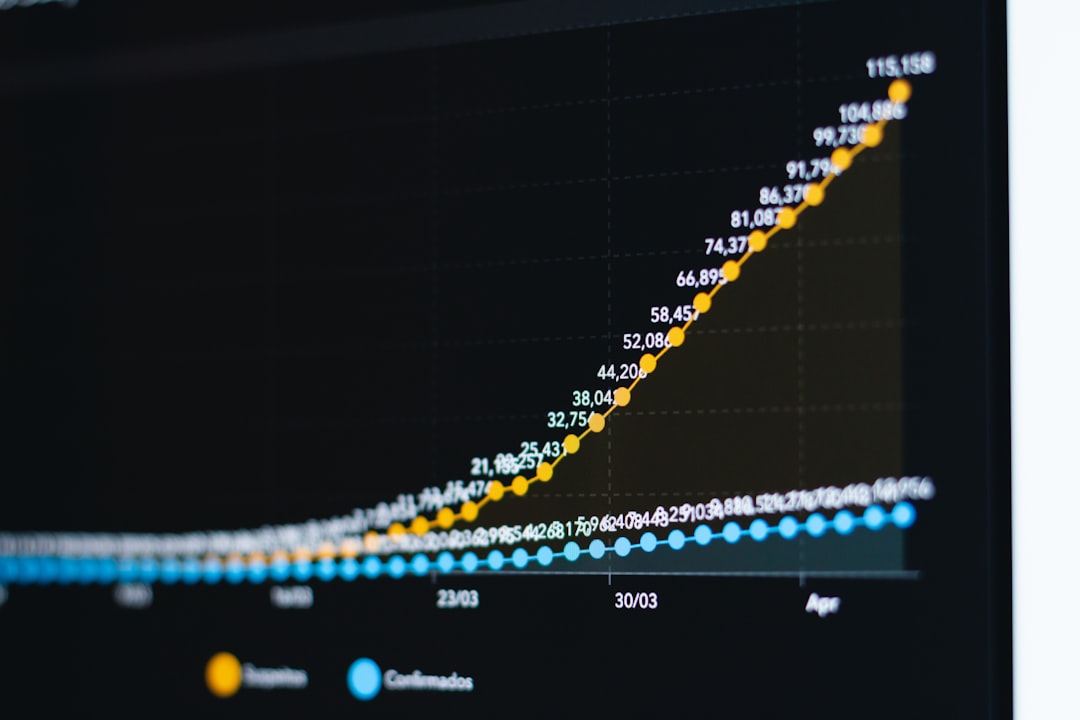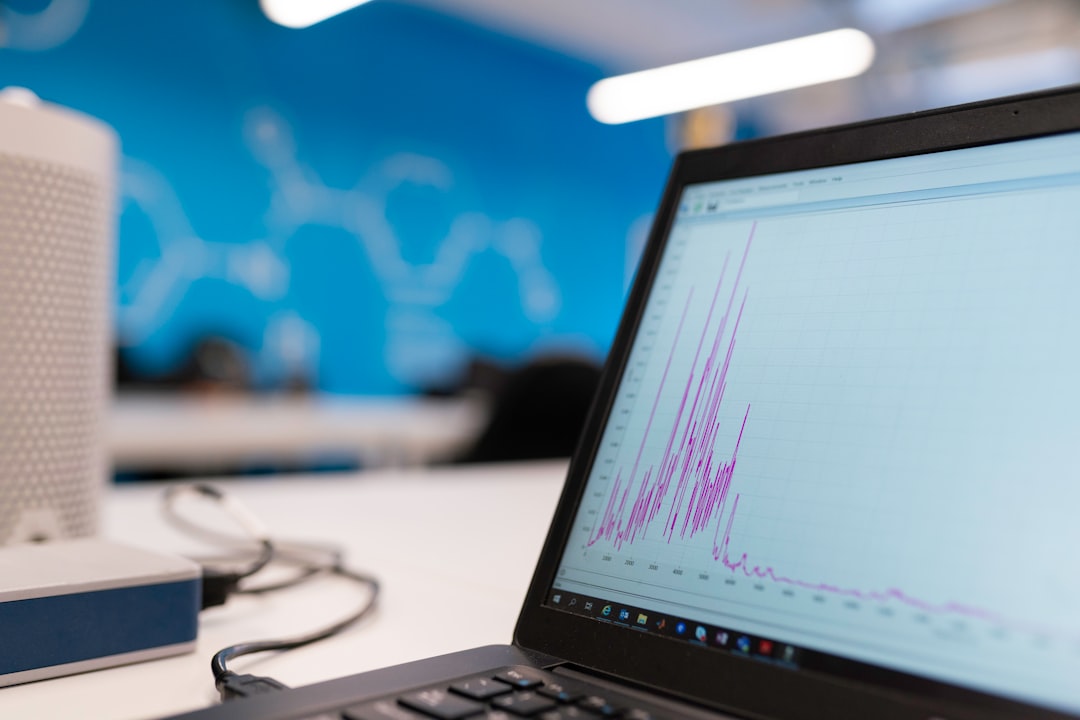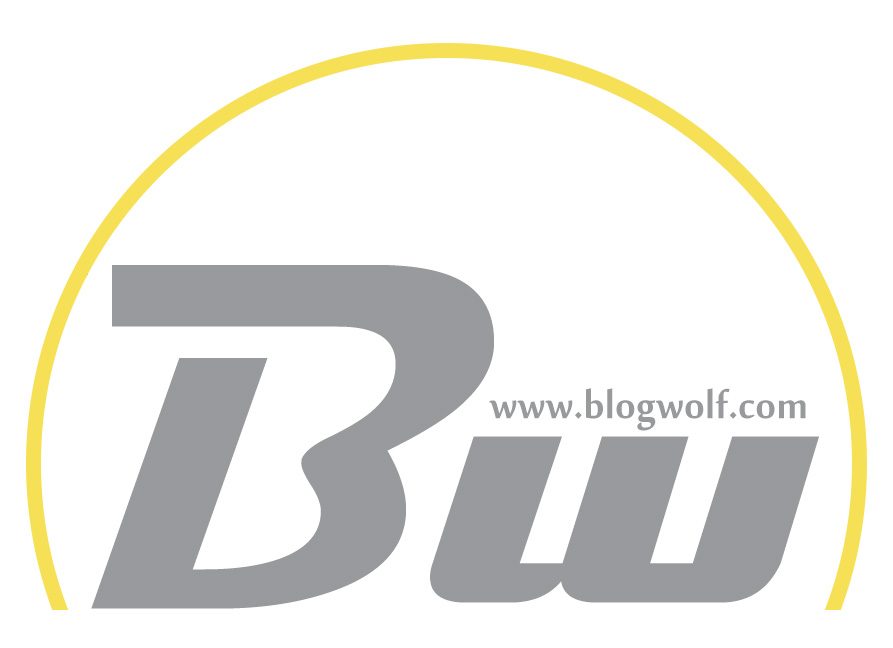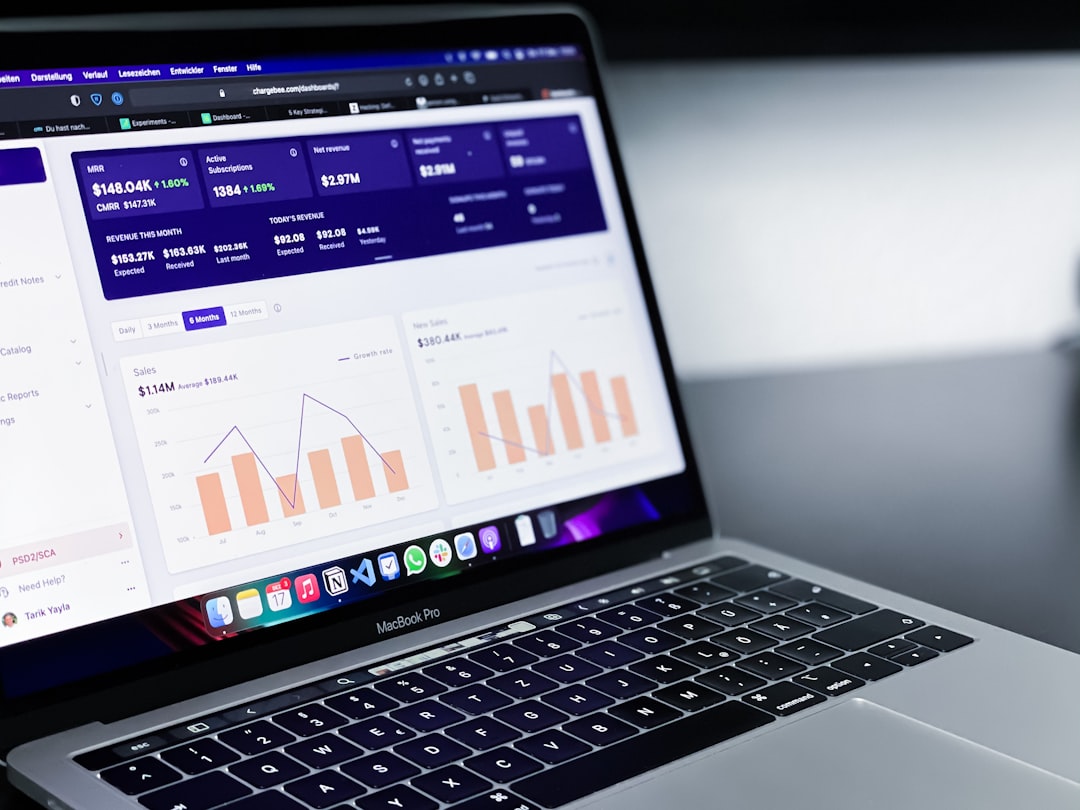Table of Contents
As digital marketing continues to evolve, SEO (Search Engine Optimization) tools must adapt to meet the ever-changing demands of search engine algorithms and user behavior. With 2025 on the horizon, SEO professionals and marketers are anticipating a new wave of innovations designed to deliver better insights, automate processes, and improve overall website performance. From advanced AI integration to predictive analysis, the next generation of SEO tools is set to offer a wide array of powerful features.
1. Greater Integration of Artificial Intelligence
AI and machine learning have already begun to transform SEO analysis, but in 2025, we can expect even deeper integration.
- Smarter Content Recommendations: AI-driven tools will provide more nuanced suggestions for content optimization based on real-time algorithm updates and user intent recognition.
- Automated Technical Audits: Enhanced AI will be capable of running comprehensive SEO audits, identifying issues such as broken links, crawl errors, and poorly structured data formats more efficiently.
- Natural Language Processing (NLP): Improved NLP capabilities will help tools better understand semantic relationships, allowing for more accurate keyword targeting and content evaluation.

2. Voice Search and Conversational Query Insights
As voice search continues to rise in popularity, SEO tools must adapt to understand the nuances of how users speak versus how they type. In 2025, we anticipate:
- Voice Query Data Analysis: Tools will begin incorporating analytics designed specifically for tracking and optimizing content for voice-based queries.
- Conversational Content Optimization: SEO suites may offer recommendations on how to rephrase content to sound more natural for spoken language searches, thus improving relevance scores.
This evolution will be crucial for brands seeking to align their content strategy with modern search behavior patterns.
3. Enhanced Predictive Analytics
In 2025, SEO tools will likely empower marketers with advanced predictive insights that can forecast changes in rankings, identify rising keywords, and signal competitive moves before they happen.
- Trend Forecasting: Using historical data and machine learning, SEO platforms will offer predictions on keyword performance and backlink value over time.
- Ranking Shift Alerts: Real-time predictive alerts will keep SEOs informed of potential ranking fluctuations, allowing for a proactive rather than reactive approach.
4. Real-Time User Behavior Tracking
Understanding user interaction is key to improving search rankings. Emerging SEO tools are expected to integrate with UX platforms to provide:
- Click Path Monitoring: Visualization of user journeys through a site, including bounce rates and exit pages, will become common features.
- Content Engagement Metrics: Tools will measure how long a user interacts with specific elements on a page, helping to refine on-page strategies.
This level of insight allows SEOs to optimize not just for search engines, but for the user experience that drives conversions.

5. Visual and Video SEO Enhancements
With the explosion of visual and video content, it’s no surprise that SEO tools will evolve to better capture this shift. By 2025, we will likely see:
- Image Recognition SEO: Tools that can analyze the contextual relevance of images and offer optimization tips for file names, alt text, and captions.
- Video Transcription and Indexing: Automated transcription and keyword optimization based on spoken content will become an essential feature for video-first brands.
The increasing weight of rich media in search engine algorithms makes this transition vital for staying competitive.
6. Seamless Integration with Other Digital Tools
As marketers seek out more unified tech stacks, SEO tools will provide tighter integration with platforms such as:
- CRM Systems: Linking SEO data with customer relationship data to track organic leads through the entire sales funnel.
- Content Management Systems: Real-time SEO insights within CMS platforms like WordPress, Shopify, and HubSpot will allow immediate implementation of recommendations.
Looking Ahead
The SEO landscape is expected to become even more data-intensive, intelligent, and user-focused in 2025. With advancements in AI, real-time tracking, multimedia optimization, and integration across platforms, SEO professionals must stay well-informed and agile. Embracing these innovations will be the key to sustaining online visibility and competitive edge in a crowded digital marketplace.

